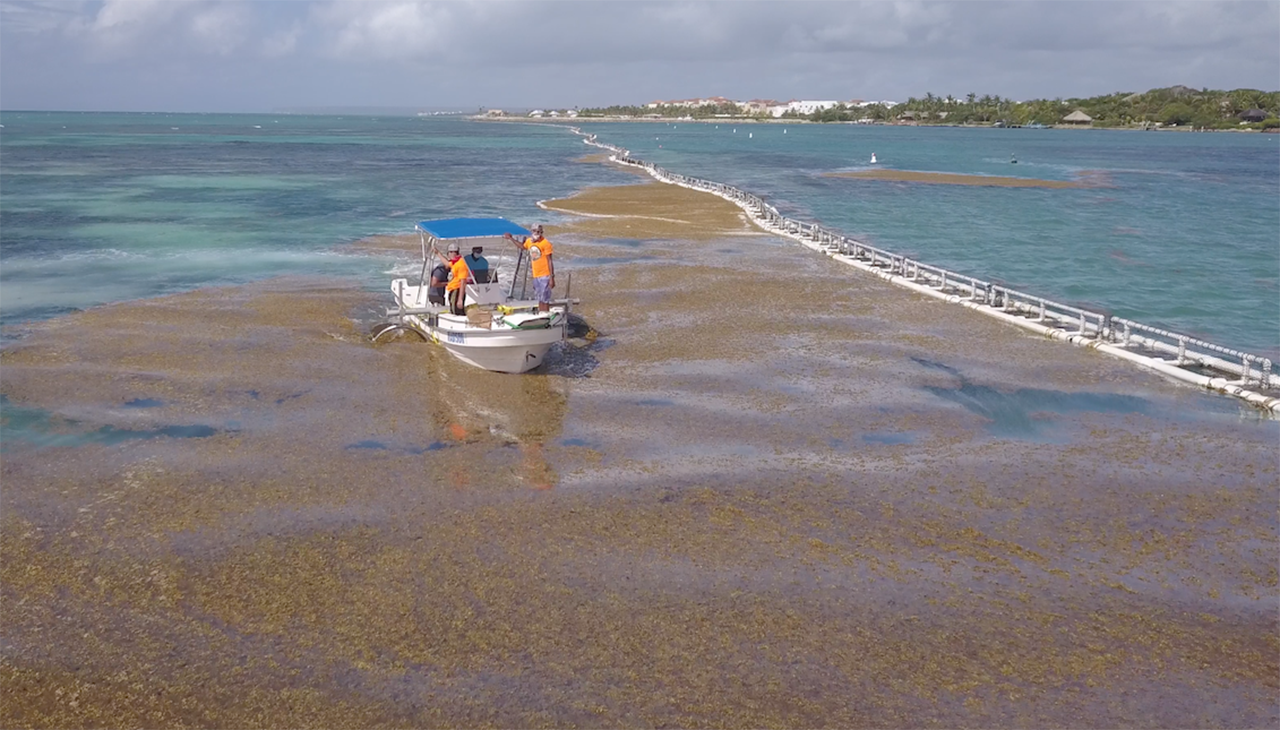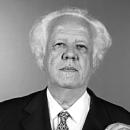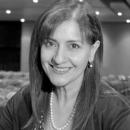
SOS Carbon: Combatting the Caribbean Seaweed Invasion
Regional and global problems are solved when there is a cross-sector collaboration between the public, private, and academic communities who share resources and unify
MÁS EN ESTA SECCIÓN
Regional and global problems are solved when there is a cross-sector collaboration between the public, private, and academic communities who share resources and unify their efforts to implement cost-efficient and long-term solutions. In Latin American countries and the Caribbean, there is an overabundance of issues that need the global community's attention. Many pertain to the fragile economic system contingent upon a thriving tourism industry that many citizens rely upon for their livelihood.
For countries in the Caribbean, outside of Covid-19, the most pressing concern is ensuring a robust and sustainable tourism industry. According to the World Tourism Organization of the United Nations (UNWTO), in 2018, tourism revenue in the Caribbean amounted to 32 billion in U.S dollars. However, since 2011, there has been a seaweed invasion threatening the region’s economic development, risking the coastal environment and tourism at a level that could have catastrophic consequences if not addressed.
Andres Bisono Leon was born and raised in the Dominican Republic and decided to step up and confront the problem by bringing his passion for engineering to address impacted communities with this concern. At the time, he had just completed his studies at Drexel University, where he was a double major in Finance and Mechanical Engineering. After graduating from Drexel, he was still involved as an alumnus by volunteering, advocating for the underrepresented Latino communities through programs and organizations like Drexel University’s LeBow College of Business BRIDGE program, Prospanica Philadelphia, and HOLA Drexel Alumni Affinity Group. It wasn’t a surprise that he stayed connected to friends and family in the Dominican Republic who talked about how sargassum was negatively impacting the tourism industry.
In February 2018, Andres presented the problem to Massachusetts Institute of Technology’s (MIT) Professor Alexander Slocum. Together with MIT graduate student Luke Gray, they agreed to join efforts to combat the seaweed invasion of the Caribbean. They started developing the most efficient technology process to manage the seaweed invasion through real long-term solutions instead of improvised measures.
Sargassum, a genus of large brown seaweed (a type of algae), floats in island-like masses and never attaches to the seafloor. Sometimes, these floating masses of sargassum stretch for miles across the ocean. While sargassum provides some food to inhabitants of the ocean and birds in the region, the unfortunate reality is that these unsightly masses are sapping hundreds of millions of dollars in revenue from the Caribbean tourism industry, devastating standards of living for coastal communities, damaging local ecosystems, and contributing to global climate change. Furthermore, current countermeasures are frustrating because they are; capital-intensive, costly to operate and maintain, visually-polluting, unsafe for workers, unsustainable, unable to reduce 100% of sargassum landfall, and inaccessible to civilians outside high-value tourist locations.
CONTENIDO RELACIONADO
This leaves a large investment appetite and customer demand for a cost-effective, rapidly scalable, non-visually-polluting, safe, sustainable, highly effective, and democratized long-term solution. It has been over a decade since the start of the sargassum Caribbean infestations started to take hold and beset the tourism community. Sargassum is fundamentally a waste management problem, and solutions do exist. As a result, now is the time to choose and enable sensible solutions that fully address the sargassum problem such that post-COVID-19 recovery is not suppressed.
To offer the needed solutions that help address this Caribbean wide concern, Andres and Luke co-founded Sargassum Ocean Sequestration of Carbon- SOS Carbon. This MIT startup focuses on providing superior sargassum collection services and providing sargassum to other companies for monetization. Its proprietary Littoral Collection Module (LCM), by far the most cost-effective and rapidly scalable sargassum harvester, is poised to replace large conveyor-based harvesters in tourist locations and extend access to the civilian coastline. SOS Carbon aims to improve standards-of-living and reduce environmental impact by enabling wide-spread, high-capacity, and sustainable sargassum collection by deploying its LCMs throughout the Caribbean.
The public should closely follow this matter and the developments of SOS Carbon because of the significance of solving this issue for the tourism industry. There is an enormous opportunity for the tourism sector and local governments to collaborate and implement formal solutions to ensure that the tourism industry is preserved and can thrive coming out of the pandemic crisis.
For more information about SOS, please visit soscarbon.com and their Instagram page @soscarbon






DEJE UN COMENTARIO:
¡Únete a la discusión! Deja un comentario.